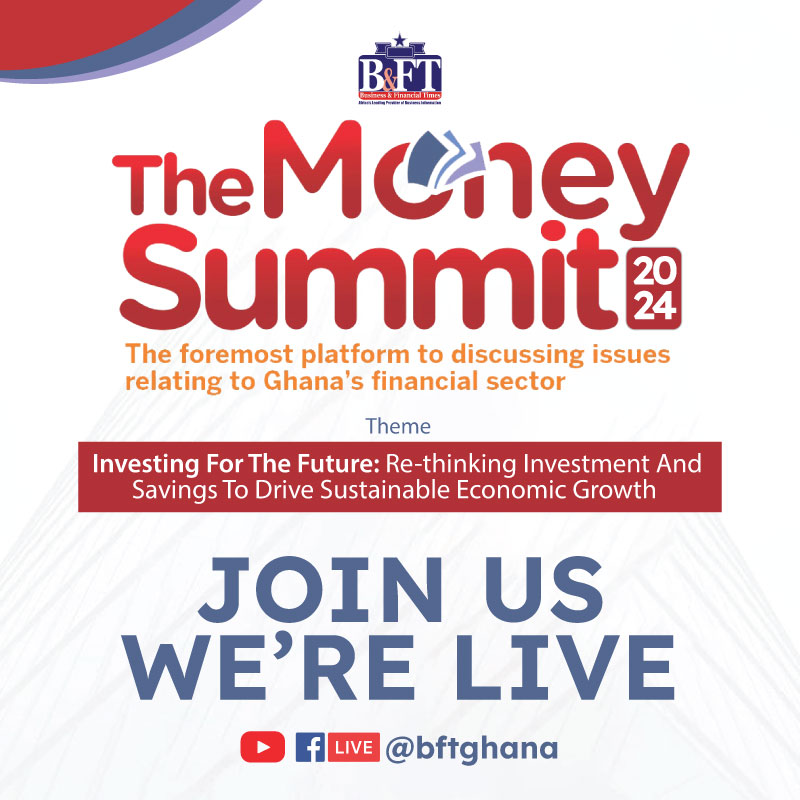… makes Ghana an expensive tourist destination
With nearly 20 taxes and levies slapped on patrons in the tourism and hospitality industry, Ghana has become an expensive tourist destination in the West Africa sub region in comparison to other similar destinations on the continent.
Though ranked by Tripadvisor as the most visited country in West Africa, Ghana’s tour packages and hotel rates remain very high compared to second placed Senegal and Gambia in that order of the rankings.
As of July 31, 2021, a 5-star hotel in the Senegal and Gambia, have an average price of US$150 per night, with 2- and 3-star hotels costing between US$30-55. Meanwhile, a 5-star facility in Accra within the same period, costs around US$330.50, as checks by the B&FT from Movenpick Ambassador Hotel confirmed, with prices at Kempinski Gold Coast Hotel, another 5-star facility, going as high as US$410.70 per night.
In other similar tourist destinations across the continent, including Egypt, Kenya, Tanzania and South Africa, rates are also lower, standing at US$240 per night, compared to Ghana’s situation for 5-star hotel accommodations as of July 31, 2021.
Equally, daily and weekly tour packages in Ghana have been rising sharply. A 10-day nature tour of Ghana is priced at US$2250 per person, checks from a leading tour operator, Land Tours, indicates. Meanwhile, similar tour packages in other countries in the sub region, stands between US$1,200 – US$1450 per person.
Response by the Ghana Hotels Association
The Ghana Hotels Association has however, indicated that the cost build up to setting hotel rates in the country is precisely high. The Association is currently being confronted with about 20 different taxes and levies which impacts pricing in the hospitality industry.
“NHIL, VAT, GETfund, COVID-19 levy, GTA levy, EPA Levy, FDA levy, MMDAs levy, Fire Service levy, 1% tourism levy, SSNIT for staff, data protection levy, BOPs levy, property rates, suitability report levy, GHAMRO levy etc are all contributing to the pricing mechanisms,” Dr. Edward Ackah Nyameke, president of the Ghana Hotels Association told the B&FT.
He said hotels had to honour all these tax obligations in addition to cost of maintenance, utilities – water and electricity and the payment of salaries even when rooms remain unoccupied by clients throughout the month.
He maintained that past and present appeals to the Ghana Tourism Authority (GTA) on the matter has yielded no result. “We have appealed for special utility tariffs for the sector and the scrapping of some of the taxes that are almost duplicates in scope, but we are yet to receive feedback on that,” he said.
GTA’s response
The GTA has said the multiplicity of taxes are indeed, creating challenges for the sector. But the authority, taking no blame for the situation, maintains that most of the institutions that are collecting these levies and taxes from the sector, are weaning themselves off government subvention and as such, there is the need to generate income internally to run operations, Deputy CEO of GTA, Ekow Sampson, told the B&FT.
Ghana’s quest to increase tourist arrivals amidst the high prices
On June 1, 2021, President Nana Addo Dankwa Akufo Addo launched the Domestic and Regional Tourism Campaign, designed to stimulate the local tourism industry and to drive both local and international tourists into Ghana.
The 18-month long campaign, being championed by the Tourism Ministry and the Ghana Tourism Authority, targets increasing domestic tourist arrivals to 600,000 by 2022 and to one million by 2024. With this initiative, the country hopes to also increase international tourist arrivals from the West African sub region alone, from the current 180,000 to 400,000 by 2024.
But recent pricing mechanisms in the country’s hospitality sector, could hinder this agenda and curtail the growth of local tourism’s contribution to GDP from visiting leisure tourists, adventure tourists, eco tourists, food tourists, business tourists and wildlife tourists, who may consider prices in other jurisdictions as alternatives.
However, there seems to be some hope for Ghana’s historical, cultural and heritage tourism, as some diasporans, who spoke to the B&FT at the 2021 PANAFEST and Emancipation celebrations in Accra, said, Ghana would continue to be their first-choice destination in Africa considering the historical connections they have here.
Be as it may, Dr. Nyameke said, the fact remains that the exorbitant prices in the tourism and hospitality sector, which is constantly ascending, would still deter projected visitor numbers in the future if the taxation regime remains same.











